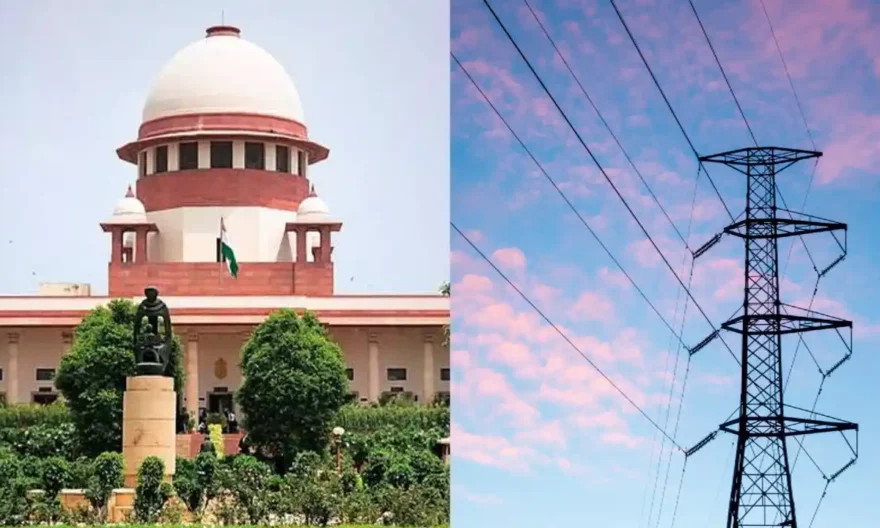
The Supreme Court recently ruled that the duty to supply electricity under Section 43 of the Electricity Act of 2003 is not absolute, and that state-owned power utilities may halt new connections until arrears from the same premises are cleared.
A bench of CJI DY Chandrachud, Justice Hima Kohli, and PS Narasimha ruled that the Electricity Supply Code provisions providing for such recoveries have a reasonable nexus with the object of the 2003 Act.
Referring to Section 43(2) of the Act, which refers to price in terms of tariffs, the top court observed,
“This “price” is the consideration, as determined by the State Commission, that an applicant pays for receiving a supply of electricity. The term “price” has to be given a broad meaning to include all the ‘tariffs’ and ‘charges’ that may be determined by the appropriate commission. This includes the ‘charges’ fixed under Section 45 by the appropriate commission from time to time and the ‘charges’ that a distribution licensee may impose under Section 46 to recover any reasonable expenditure. The ambit of the term ‘price’ is wide enough to also include the statutory dues that the State Commission decides to enact by way of regulations under Section 50.”
The decision came in a series of appeals filed after the supply of electricity was cut off due to previous owners’ failure to pay their bills.
The previous owners had borrowed money or raised loans against the security of the premises and, in some cases, went into liquidation.
New owners who purchased the properties at auction applied for new electricity connections, which were denied by various state power utilities until the previous dues were paid.
Beginning in 2003, various High Courts denied relief, resulting in the current batch of petitions before the Supreme Court.




